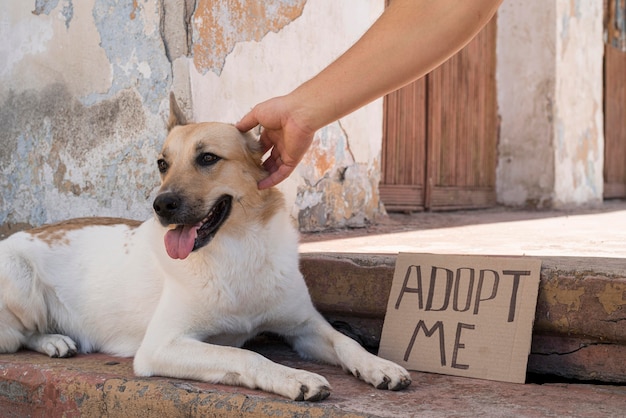

Coping with the Death of a Beloved Pet
Ever wondered why losing a cherished pet hits so hard? Our furry friends become like family, and when they’re gone, the grief can be overwhelming. So, how do you handle the loss and find comfort during such a tough time? Let’s explore some effective ways to cope with this kind of grief and discover strategies to help you heal. Ready to find peace and say your final farewell? Let’s dive in.
Understanding Pet Loss Grief
First, it’s important to acknowledge that grieving a pet is a normal and valid reaction. This isn’t just about losing an animal; it’s about losing a family member. The depth of your connection with your pet and the circumstances of their passing can profoundly affect your level of grief.
The grieving process can be complex, with many stages and recurring waves of sorrow. You might feel sad, lonely, or find yourself expressing grief through writing or talking. It’s essential to surround yourself with people who understand your pain and can empathize with you. Consider taking some time off work to process your emotions and engage in comforting activities, like looking through photos or journaling.
Honoring your pet’s memory is a significant part of healing. This could be through a memorial service, a scrapbook, or even donating to an animal shelter. These acts can help you say goodbye in a meaningful way. Don’t hesitate to seek support from pet loss groups, counselors, or even your veterinarian; they can provide crucial help in managing your grief and moving towards healing.
Dealing with Insensitivity from Others
Unfortunately, not everyone may understand the depth of your sorrow. Friends or loved ones might not fully appreciate how much your pet meant to you, and their comments can sometimes be insensitive. While this can be painful, it’s important to protect your emotional well-being by setting boundaries.
Seek out empathetic individuals who can offer genuine comfort. Connecting with others who have lost pets can provide a non-judgmental space to share and process your feelings. Sharing stories and memories of your pet can be therapeutic and healing.
If you encounter thoughtless remarks, try to respond with assertiveness and understanding. Remember, their insensitivity isn’t a reflection of your grief or how important your pet was.
Focus on your own healing journey. Instead of dwelling on others’ insensitivity, channel your energy into self-care and honoring your pet’s memory. Find healthy outlets for your emotions, like journaling or creating a memorial for your pet.
Supporting Seniors Through Pet Loss
If you or someone you know is a senior dealing with the loss of a pet, it’s crucial to recognize the unique bond that often exists between seniors and their pets. Losing a pet can deeply affect emotional well-being, so compassionate support is vital during this time. There are various resources available, like senior grief support groups, pet loss counseling, and emotional assistance programs. These can help seniors cope with their grief and adjust to life without their furry companion.
By understanding the grief process, handling insensitive remarks, and seeking appropriate support, you can navigate the difficult journey of losing a beloved pet. Remember, it’s a process, and it’s okay to ask for help and take the time you need to heal.





